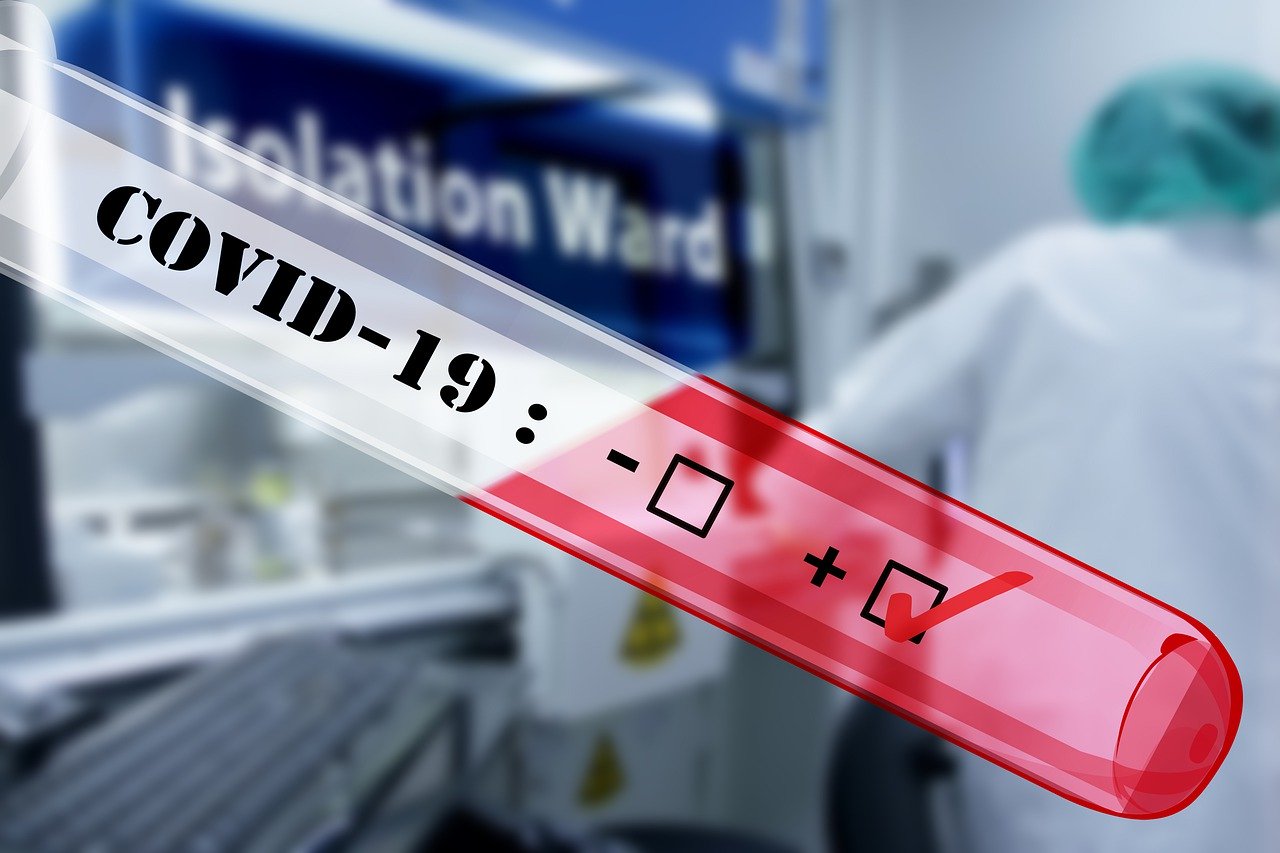The coronavirus pandemic has been taking a severe toll on the lives and livelihoods of people throughout the country. One of the most important steps taken throughout the country to curb and control the spread of the coronavirus infection was a repeated emphasis on maintaining social distancing and avoiding crowded places. Large gatherings were banned and public facilities such as malls and marketplaces, theatres and stadiums were closed down so that people would have fewer chances of gathering together in close proximity.
While these measures did prove beneficial to a large extent in curbing and controlling the spread of the infection, jails and prisons in the country were places where crowding couldn’t be avoiding due to the presence of a great number of inmates and staff. We are aware that prisons in different parts of the country reported a spurt in the number of infections and both staff and inmates were affected by the outbreak. Among the most overcrowded and overburdened in the nation are the prisons of Delhi and they have been seeing a rapid spurt in the number of cases in the last couple of months.
The prisons of Delhi are inhabited by a large number of prisoners inside dingy, tiny prison cells. While the government did initiate a process to decongest Delhi’s prisons in an attempt to curb and control the spread of the coronavirus infection, the population that continued to stay back inside the jails was still way beyond the normal capacity. This means that even after the process of decongesting was started, it did not really help to target the root of the problem or the problem of overcrowding. Before the process of bringing down the number of inmates in the capital’s jails began, the three main jails in the city had a population which was 180% more than its capacity and they housed a total of 18,000 inmates and their capacity was only of keeping 10,000 prisoners. The process of decongesting brought the number of inmates to 13,000. Now it becomes evident that because of the problems associated with the overcrowding of jails it has become increasingly impossible to maintain social distancing inside the prisons and this made our prisons more vulnerable to the spread of the infection.
It was only recently that more than 260 inmates and jail staff tested positive for the coronavirus infection. The latest data which has ben put forward by the Delhi prison authorities has shown that as of September 13, there are 25 COVID-19 positive cases in Delhi’s prisoners and this included 20 staff. The first case of coronavirus which was reported inside the prisons of Delhi came in from the Rohini Jail on May 13. Deaths were reported of two elderly inmates in Mandoli Jail.
Looking at the seriousness of the matter, the Delhi Prisons Department has requested the government of Delhi to make sure that the emergency parole that was granted to prisoners keeping the coronavirus pandemic in mind was extended by another month. Authorities have been considering the extension of the emergency parole because they feel that this can be an important move to curb and control the spread of the coronavirus infection inside the prisons of the country. Presently the prisons of Delhi hold on to over 4,250 inmates. Presently a little over 1,500 inmates have been out of jail due to a recent decongestion drive carried out by the authorities keeping the coronavirus infection in mind. Authorities are presently considering an extension of the drive to check and keep under control the spread of the infection both among staff and inmates.














